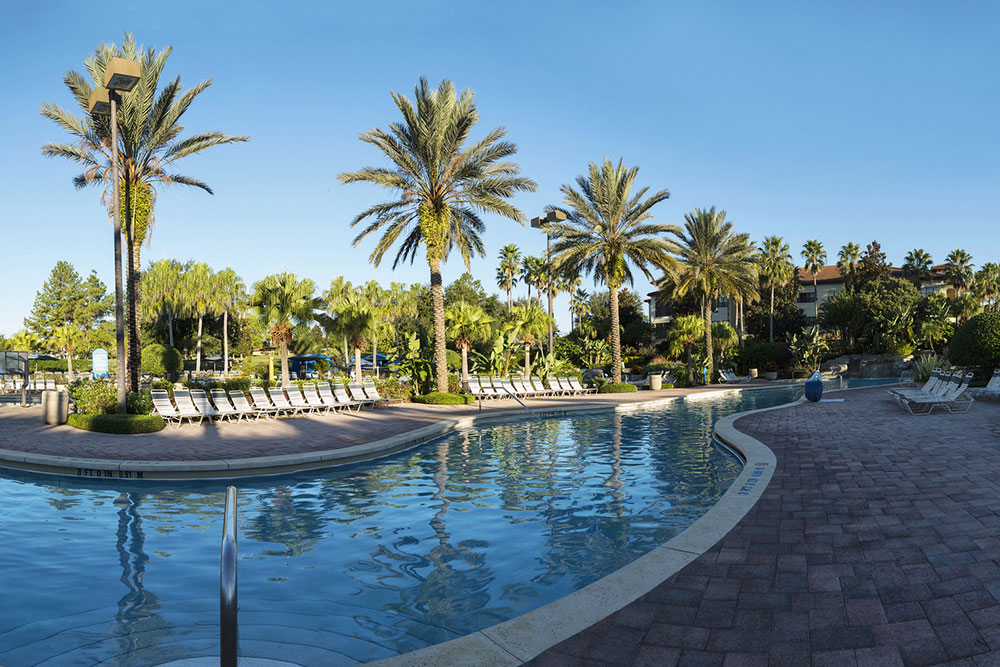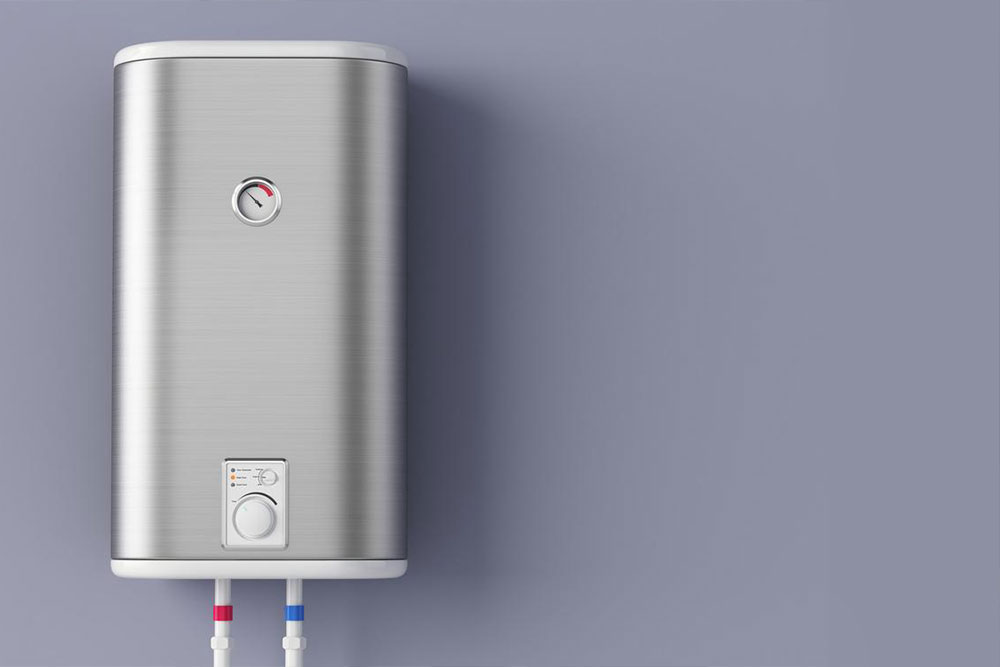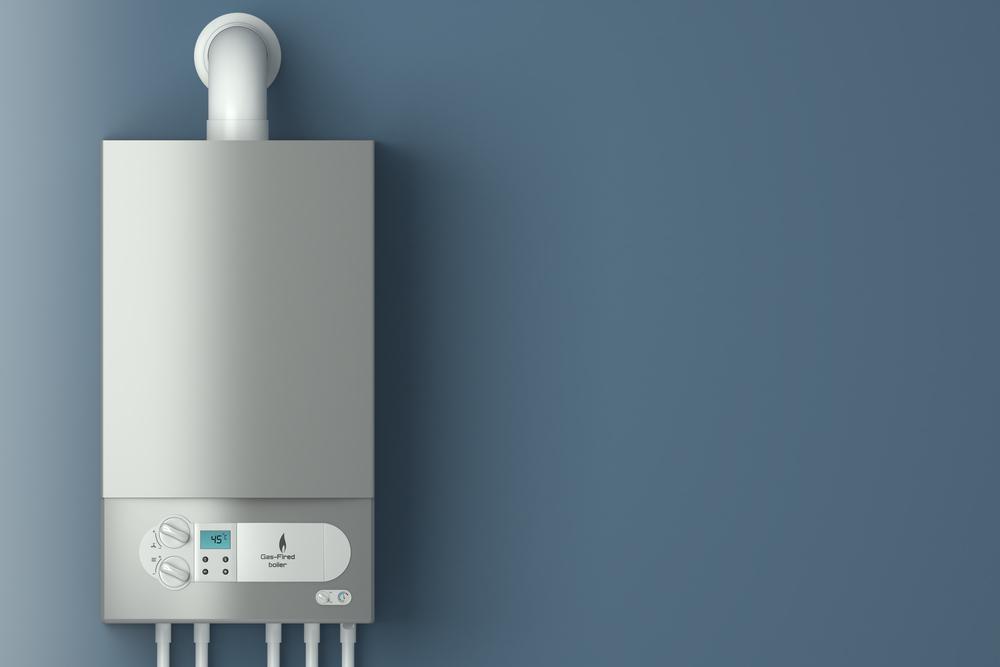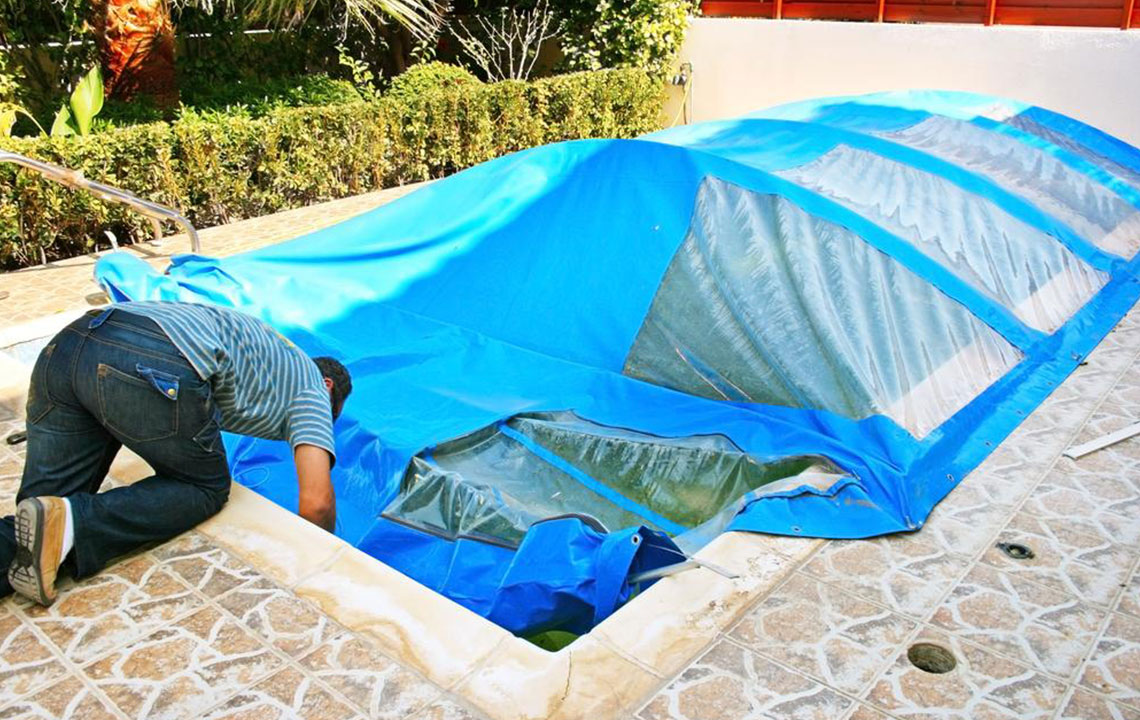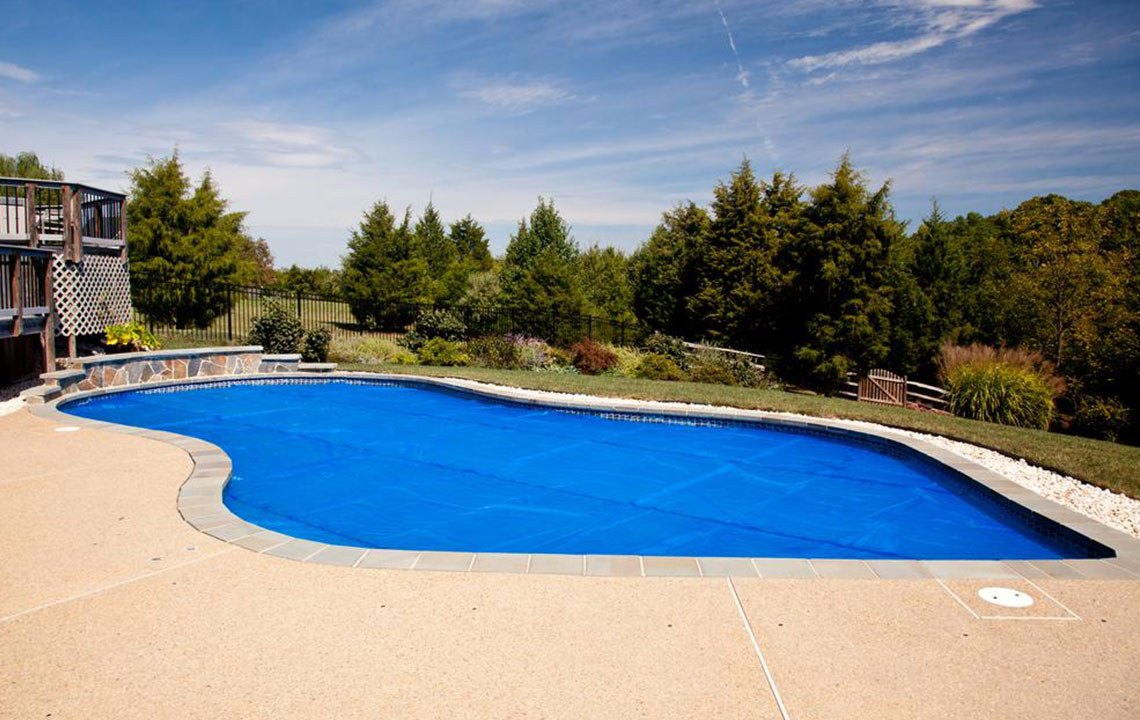Ultimate Guide to Pool Heating Solutions: Choosing the Best System for Your Pool
Discover the most effective and energy-efficient pool heating solutions with our comprehensive guide. From electric resistance heaters to solar options, learn which system best fits your needs to enjoy warm, comfortable swimming all year round. Understand the pros and cons of each type to make an informed investment in your pool's comfort and efficiency.
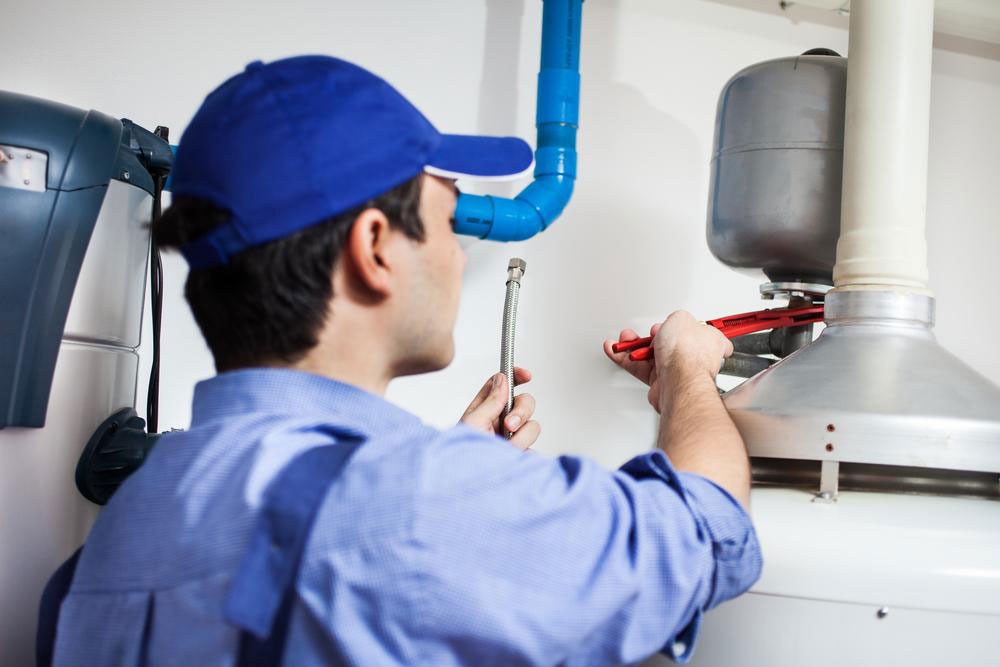
Ultimate Guide to Pool Heating Solutions: Choosing the Best System for Your Pool
Owning a swimming pool offers immense recreational benefits and adds significant value to your property. However, to fully enjoy your pool throughout the year, especially during cooler months or chilly evenings, a reliable and efficient heating system is essential. Selecting the right pool heater involves understanding various options available in the market, each with its unique advantages and considerations. This comprehensive guide will delve into the most common types of pool heating solutions, including electric resistance heaters, gas-powered systems, heat pumps, and solar pool heaters, helping you make an informed decision tailored to your needs.
Electric Resistance Pool Heaters: Quick and Efficient for Small Pools
Electric resistance heaters operate by passing an electric current through resistive coils, generating heat. The pool water flows over or through these coils and absorbs the heat, raising its temperature effectively. These heaters are known for their rapid heating capabilities, making them especially suitable for small pools, spas, and therapy pools where quick warm-up times are desirable. Their simple design and ease of installation contribute to their popularity among homeowners looking for a cost-effective solution for smaller or less frequently used pools.
However, electric resistance heaters are energy-intensive, which means they can lead to higher electrical bills if used extensively or in larger pools. They are most practical when used for short-term or seasonal heating, rather than continuous operation. Maintenance typically involves ensuring electrical connections are secure and cleaning any accumulated debris from the heating elements. Overall, they serve as a convenient option for those wanting immediate warmth and having smaller or portable pools.
Gas Pool Heaters: Powerful Heating with Cost Considerations
Gas heaters are among the traditional options for pool heating, utilizing natural gas or propane to generate heat through a combustion process. Inside the heater, a burner ignites the fuel, creating a flame that heats copper coils or heat exchangers. Pool water flows through these coils, absorbing the heat generated, and then circulates back into the pool at an elevated temperature. Gas heaters are capable of warming large volumes of water quickly, making them a popular choice for larger pools or when rapid temperature adjustments are needed.
Despite their effectiveness, modern gas heaters have seen a decline in popularity due to rising fuel costs and environmental concerns. They tend to require regular maintenance, including cleaning burners and checking for leaks. Also, the installation costs are relatively high compared to other systems, and ongoing fuel expenses can add up over time. Nevertheless, for situations where electrical options are impractical or insufficient, gas pool heaters remain a reliable alternative that provides consistent and rapid heating during swimming seasons.
It’s worth noting that safety precautions must be observed, given the combustion process involved in gas heaters. Proper venting and installation by qualified professionals are essential to prevent carbon monoxide buildup and ensure safe operation.
Overall, gas heaters are best suited for homeowners seeking robust performance with the flexibility of heating large pools or spa systems quickly, despite higher operational costs.
Heat Pump Pool Systems: Energy-Efficient and Eco-Friendly
Heat pumps represent a modern, energy-efficient approach to pool heating, utilizing electricity to transfer heat rather than generate it directly. These systems extract heat from the surrounding air or water sources, making them highly eco-friendly and cost-effective in the long run. There are two main types of heat pumps: air-source and geothermal (water-source).
Air-source heat pumps operate by drawing warm air over evaporator coils, where refrigerant absorbs heat and transfers it to the pool water. They are suitable for moderate climates and are relatively easy to install. Geothermal (water-source) heat pumps extract heat from a nearby water body, such as a well or pond, making them even more efficient if a sustainable source of water is available nearby. Both systems work silently and with minimal maintenance, offering consistent performance and significant energy savings over time.
While the initial investment for heat pumps may be higher than traditional systems, their efficiency translates into lower operational costs, especially in regions with moderate to warm climates. They also have the advantage of environmental friendliness, producing fewer emissions compared to gas heaters. Owners interested in reducing their carbon footprint and lowering energy expenses find heat pump systems an attractive choice.
In addition to their efficiency, modern heat pumps come equipped with digital controls, timers, and diagnostic systems, providing convenient operation and monitoring. Although their performance may decline slightly in extremely cold weather, advanced models are designed to operate efficiently even in cooler temperatures, expanding their suitability for various climates.
Solar Pool Heaters: Sustainable and Cost-Effective
Solar pool heating is an environmentally friendly and money-saving solution, harnessing the power of the sun to warm your pool water. Solar heaters consist of solar collectors or panels installed in a sunny location, typically on rooftops or open grounds. Water from the pool is pumped through these panels, absorbing solar energy and returning warmer water back to the pool.
One of the key benefits of solar pool heating is its minimal operating cost—once installed, it uses free solar energy, requiring only basic maintenance to ensure the panels are clean and functioning properly. Solar heaters are best suited for outdoor pools during the sunny months of spring, summer, and early fall. During cloudy days or colder weather, their efficiency decreases; therefore, many owners supplement solar heating with auxiliary systems like gas or electric heaters to maintain desired temperatures year-round.
Installation costs can vary based on the size of the pool and the type of solar collectors used. While initial investment may be higher than traditional systems, the long-term savings on energy bills are substantial. Solar pool heating systems also significantly reduce carbon footprints, making them an excellent choice for environmentally conscious homeowners.
Furthermore, solar pool heaters are durable and can last for 15-20 years with proper care. Their eco-friendly nature and low operating costs make them an ideal choice for those seeking sustainable and cost-efficient pool heating options.
